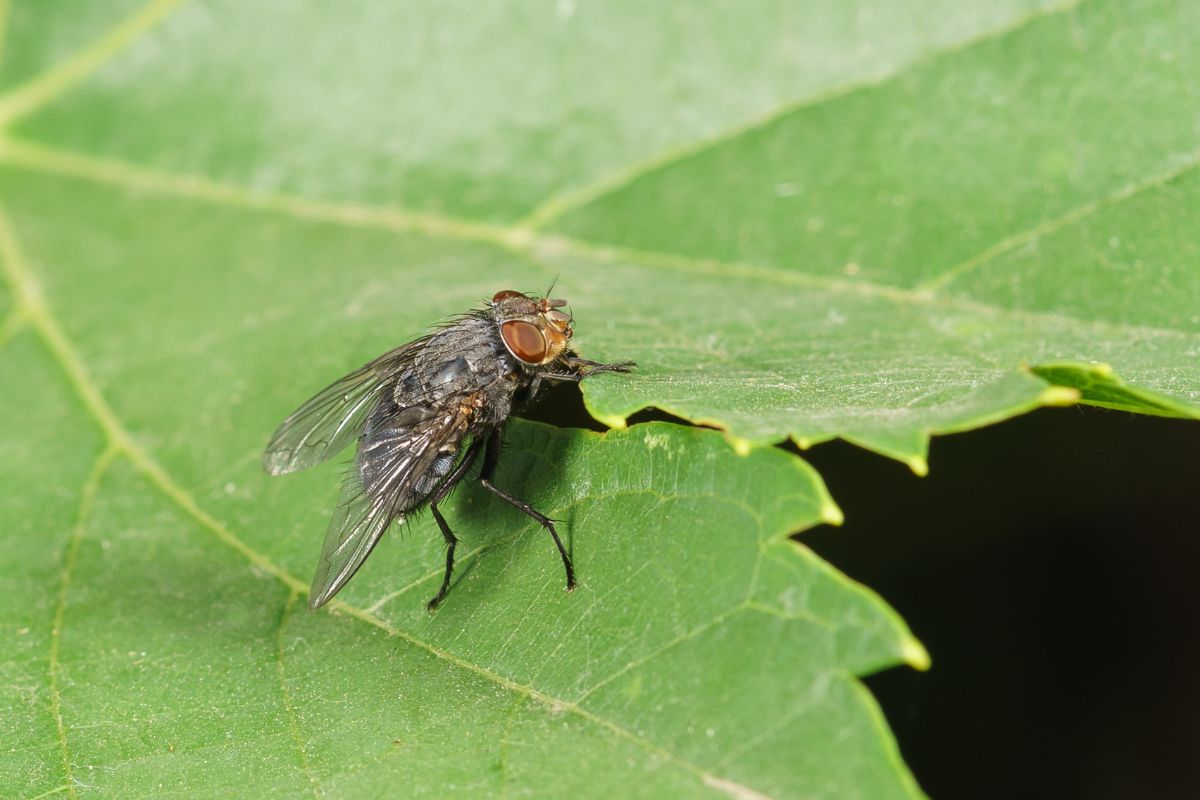In a groundbreaking study, researchers from the Zoological Survey of India (ZSI) have identified 23 species of blood-sucking flies belonging to the Culicoides genus in the Andaman and Nicobar Islands, with 13 species being reported for the first time in India.
The findings, recently published in the prestigious international journal ‘Parasites and Vectors,’ mark the first comprehensive survey of these insects in the archipelago.
Advertisement
Known locally as “Bhusi flies,” these tiny insects, though similar in appearance to flies, are more closely related to mosquitoes in their feeding habits. They primarily feed on the blood of livestock such as sheep, goats, and cattle, as well as wild animals like deer. Of particular concern are five species known to transmit the Blue Tongue Disease virus, a condition that can be fatal to livestock and causes significant economic losses to the animal husbandry sector.
Dr Dhriti Banerjee, Director of ZSI, emphasized the significance of the discovery. “The presence of multiple Culicoides species, particularly those responsible for Blue Tongue virus transmission, necessitates regular surveillance and appropriate control measures in the Andaman and Nicobar Islands,” she stated. “This is especially crucial given the region’s importance as a major tourist destination.”
The study, conducted in 2022 and 2023, revealed that 17 of the 23 species identified are known to bite humans, though researchers reassure that no human disease transmission has been reported so far.
Dr Atanu Naskar, Officer-in-Charge of ZSI’s Diptera section, suggests that a systematic survey of the entire archipelago is needed to understand these insects’ role in disease transmission.
Senior research fellow Kaustav Mukherjee, one of the researchers involved in the study, noted that many areas in the islands remain unexplored. “We expect to discover more Culicoides species as we continue our survey. Additionally, we are conducting population and genetic studies of these flies,” he said.
This discovery highlights the need for enhanced vector surveillance and control measures in the Andaman and Nicobar Islands to protect both livestock and the tourism industry.











